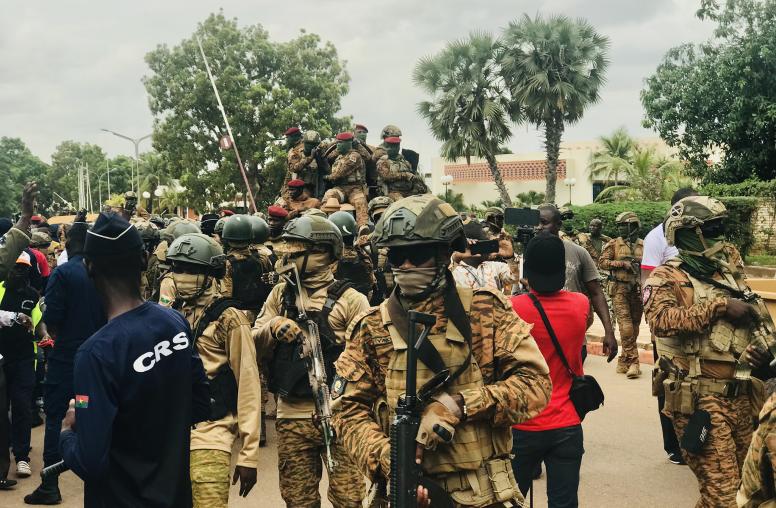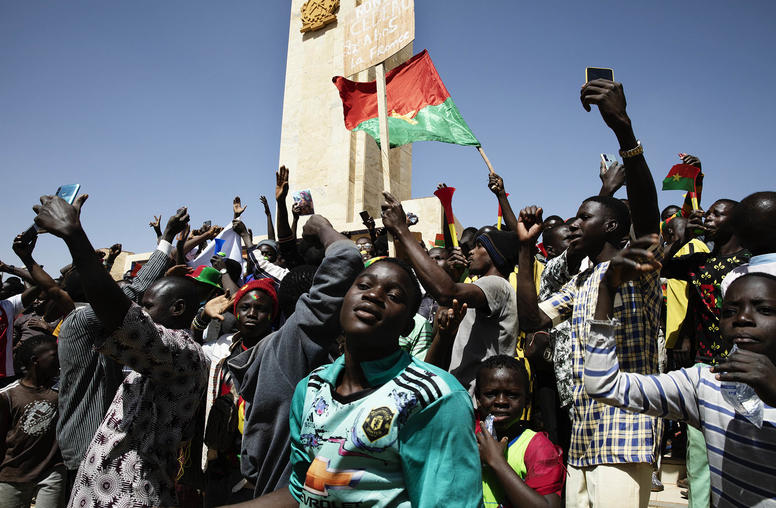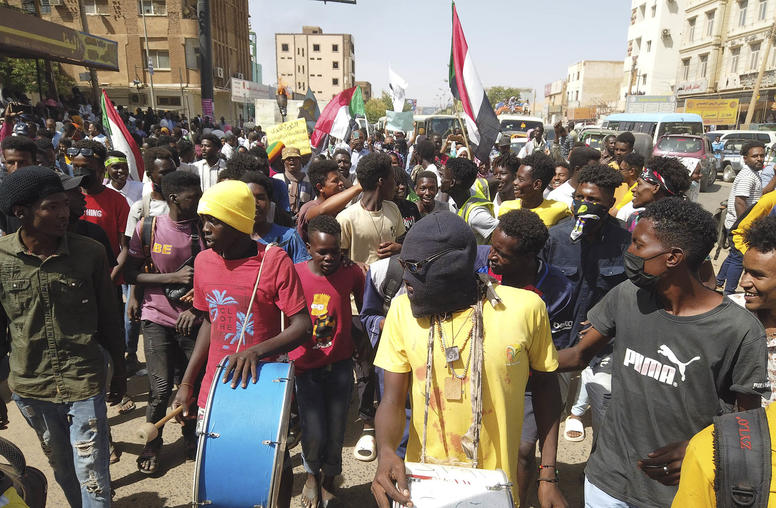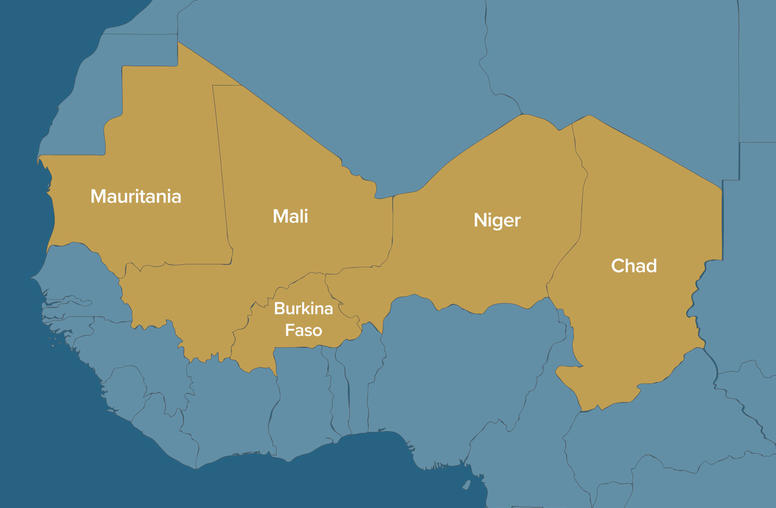Senior Study Group for the Sahel: Final Report and Recommendations
Executive Summary
The United States has not traditionally viewed the Sahel as a region of vital interest, whether in terms of security or from an economic or business perspective. This has led to a pattern of reactive involvement shaped by the circumstances of specific events rather than proactive commitments. This pattern reveals the lack of a comprehensive strategy for the volatile Western Sahel region, which includes Burkina Faso, Chad, Mali, Mauritania, and Niger. In April 2022, President Joe Biden announced that the US government would advance the “U.S. Strategy to Prevent Conflict and Promote Stability” in coastal West Africa by prioritizing a partnership with Benin, Côte d’Ivoire, Ghana, Guinea, and Togo. This policy was formulated to prevent Sahelian terrorism from expanding its reach rather than as a reflection of deep-seated interests in the Sahel itself.
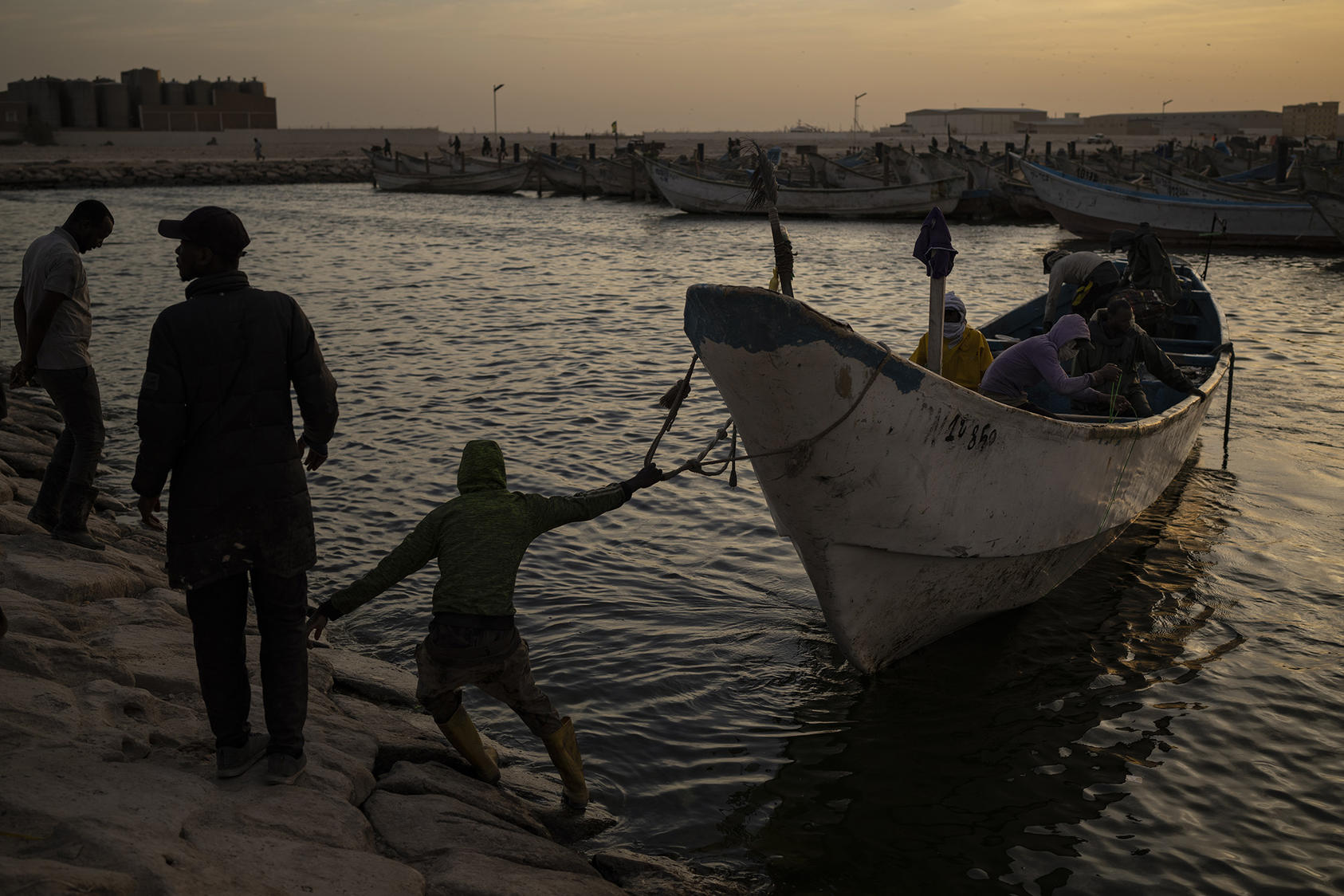
This inattention is unwise, given the Sahel’s strategic location between the Maghreb and the Southern Sahara, the presence of terrorist factions linked to the Islamic State and al-Qaeda, the region’s economic potential, and the major immigration transit routes to Europe and South America that originate there. The Sahel is also inextricably linked to numerous pressing global challenges, including climate change, great power rivalry, and the tug-of-war between democratic governance and authoritarianism. Moreover, there is more at stake here than the immediate challenges: the Sahel’s future is certain to be dynamic and has the potential to be prosperous. The region is undergoing one of the world’s most rapid population surges; its expansive fertile lands are ripe for innovative, sustainable agriculture; the sun-soaked terrain beckons for lucrative solar energy ventures that can usher in energy autonomy; and the region stands on the brink of a technological revolution powered by increasing mobile connectivity and digital access.
The United States has an opportunity: by engaging now, it can guide this explosive growth in a positive direction that benefits both the people of the Sahel and the United States and its African allies. Ignoring this potential and focusing solely on political volatility and security challenges risks, paradoxically, exacerbating instability in the Sahel and increasing the danger that it will destabilize coastal West Africa.
In order to critically assess opportunities for peace, security, and economic development in the Sahel, the United States Institute of Peace convened a bipartisan Senior Study Group made up of former high-level US, African, and European officials; prominent academics and researchers; and leading foreign policy analysts and experts. Between May and December 2022, the 10-member study group held discussions and formulated recommendations that offer strategic avenues for meaningful US engagement. Consultations continued through 2023. Although the geographic Sahel stretches from the western shore of Senegal to the eastern coast of Eritrea, the study group focused chiefly on the countries in the west and center of this area: Burkina Faso, Chad, Mali, Mauritania, and Niger (see map). This report presents the consensus findings of these discussions and is designed to inform the strategy and approaches of US and international partners in the Sahel.
The study group identified four emerging trends that should help guide long-term US and multilateral policy in the Sahel:
- The increasing influence and presence of external powers in the Sahel, particularly China and Russia, and the diminishing role played by France
- The growing presence of regional middle powers, most notably, Algeria, Morocco, and Turkey
- An astonishingly rapid and substantial growth in population that has created a potentially destabilizing “youth bulge”
- Intensifying threats to agricultural production and food security created by armed conflict, terrorism, and the effects of climate change
The current US approach—which is focused on containing the Sahel’s security crises and preventing them from spilling over into coastal West Africa—will be largely inadequate for addressing the challenges presented by these trends. As the root causes of conflict and instability go unaddressed, cycles of violence are bound to continue, risking a dramatic international expansion and strengthening of jihadist groups in the Sahel. Containment and disengagement by the United States and its Western allies can lead to unforeseen consequences, such as vast stretches of territory falling under the control of violent extremist organizations in a region highly interconnected socially, economically, and culturally. This would threaten Sahelian partners, citizens, and US interests alike and would reinforce the devastating cycles of violence and impunity.
The recent spate of military coups and the increasingly conspicuous Russian presence in the region must not be ignored, but these dangers can best be tackled over the long term by devising a comprehensive approach that addresses underlying causes of current and future regional insecurity while recognizing Sahelian agency and empowering the people of the Sahel, not least the youth.
The study group developed two sets of recommendations for US policymakers. The first set consists of steps that the US government should take to create a policymaking and implementation apparatus with which the United States can engage the Sahel strategically and effectively. Toward this end, the United States should position itself to display robust diplomatic leadership in the region and resolve the structural challenges to implementing a comprehensive, whole-of-government approach.
The second set of recommendations calls for the US government to develop a strategy to work in partnership with local, national, and regional actors. Across much of the region—and in contrast to European countries dealing with colonial legacies—the United States continues to be regarded as a trustworthy actor that can positively influence political processes, support state and regional institutions, advance reform, and spur investment and economic growth. The United States should harness its comparative advantages to develop and leverage partnerships in specific areas. More specifically, the United States should take full advantage of its credibility and pursue an innovative, five-pronged agenda:
- Provide security support while recognizing Sahelian agency and crafting an independent US strategic approach.
- Promote peace, stability, and democracy by deterring coups, facilitating peace talks, and supporting democratic governance.
- Work multilaterally by partnering with regional organizations and enhancing cooperation between the Sahel and the Maghreb.
- Promote human security by prioritizing human rights, civilian protection, and food security.
- Foster economic growth by investing in youth.
These initiatives, when combined, create a comprehensive strategy that will be more effective than any single approach. Emphasizing democratic governance and promoting technical skills among the region’s youth directly addresses the future of the Sahel. Ensuring food security is vital for both stability and prosperity. Strengthening economic ties between the Sahel and the Maghreb will open up new avenues for growth and development. Meanwhile, countering military coups and supporting regional security directly contribute to a more stable political landscape. The United States’ involvement in peace talks, together with its readiness to address humanitarian needs, would help to signal a pragmatic and sincere commitment to the Sahel.
Implementing this strategy will require patience. While some results may be seen in the short term, especially through the deterrence of military coups, more profound changes in the region will evolve more gradually. Success should be gauged in a variety of ways, but above all in tangible improvements in the lives of the Sahel’s people. With this strategy, the United States can help the Sahel to unlock its potential while furthering US strategic interests in the region.
Senior Study Group Members
Ambassador Kamissa Camara, chair
Senior Adviser for Africa, United States Institute of Peace; Nonresident Scholar, Middle East Institute; Former Minister of Foreign Affairs, Mali
Ambassador Smaїl Chergui
Former Commissioner for Peace and Security, African Union
Ambassador Paul A. Folmsbee
Former US Ambassador to Mali
Ambassador Jendayi E. Frazer
Former US Assistant Secretary of State for African Affairs
Ambassador Michelle D. Gavin
Ralph Bunche Senior Fellow for Africa Policy Studies, Council on Foreign Relations; Former US Ambassador to Botswana
Ambassador J. Peter Pham
Distinguished Fellow, Atlantic Council; Former US Special Envoy for the Sahel Region of Africa
Alex Thurston
Associate Professor of Political Science, University of Cincinnati
Ambassador Bisa Williams
Special Adviser on Mali, The Carter Center; Former US Ambassador to Niger; Senior Fellow, Yale Jackson School of Global Affairs
Ambassador Rama Yade
Senior Director, Africa Center, and Senior Fellow, Europe Center, Atlantic Council; Former Secretary of State for Foreign Affairs and Human Rights, France
Janette Yarwood
Director for Africa and the Middle East, Office of International Affairs, Yale University
Research Team and Secretariat
Archibald Henry
Program Officer, Central Africa and Sahel, United States Institute of Peace
Hannah Jackson
Research Assistant, Africa, United States Institute of Peace
Kamel Fakhry
Program Assistant, Central Africa and Sahel, United States Institute of Peace
Members of the Senior Study Group for the Sahel express their support for the general findings and recommendations the group reached but do not necessarily endorse every statement or judgment in the report. They participated in the study group in their personal capacities; the views expressed are their own and do not necessarily represent the views of their institutions or employers or of the United States Institute of Peace.
